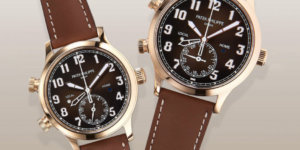Aviation Heritage and Evolution of Bell & Ross Vintage Watches
Given the breadth and scope of the Bell & Ross Vintage collection backed by unifying aesthetic codes and a shared heritage of aviation, racing and maritime adventure, the Vintage is positioned to be a modern classic
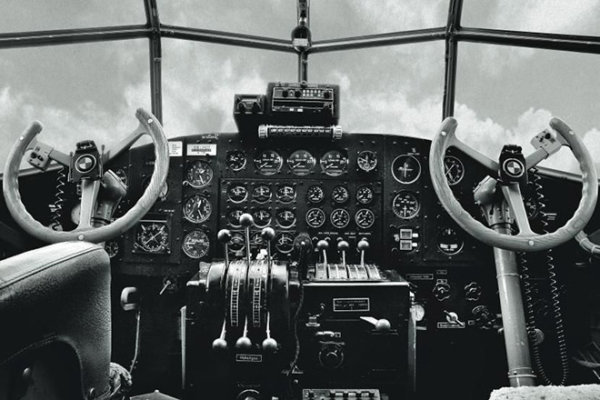
Headed by French designer Bruno Belamich and businessman Carlos A. Rosillo, Bell & Ross is perhaps representative of modern ideas in watchmaking. Childhood friends, the pair launched the French-based, Swiss-made, Bell & Ross on the simple idea of “function shapes form”. “Efficiency, legibility, reliability” was a three word motto the pair of Bell & Ross (Belamich & Rosillo) lived by.
Perhaps or because of their relationship with Sinn, the reputable German watchmaker, efficient, legible and reliable also became buzzwords which were associated with Bell & Ross when they launched in 1992. Though the partnership with Sinn ended in 2002, Bell & Ross roots in timing instruments, specifically, aviation instruments, were and continue to be a core foundation for the brand.
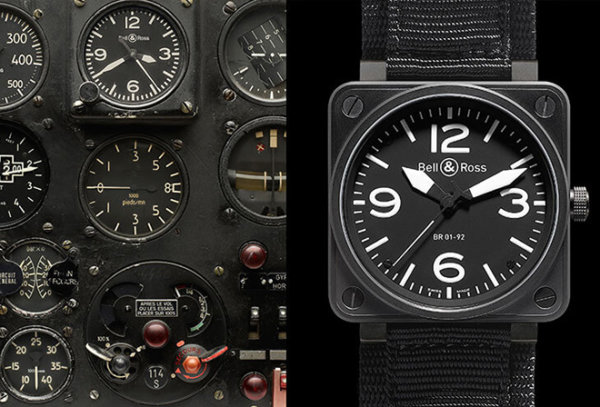
Early 20th century cockpit instruments inspired Bell & Ross’s most popular model, the BR 01. Its dialside design codes would eventually trickle down to the Bell & Ross Vintage collection
Aviation Heritage and Evolution of Bell & Ross Watches
Since its founding, Bell & Ross has taken its inspiration from aviation heritage. Historically speaking (in the context of Bell & Ross, not flight), their iconic square-shaped BR 01 Instrument collection based on cockpit clocks have been the maison’s most popular series.
The essence behind Bell & Ross is not to give more than is necessary. Function takes precedence and everything you see in the dial is what you need, no more, no less. – Carlos A. Rosillo to Forbes
Bell & Ross watches enjoyed its nascent popularity through a clear sense of design rather than mere appropriation – using their joint background of aviation technology, Bell & Ross understood how watches were inherently integral to aviation and today, thanks to the popularity of stories about aviation heroes, most non-pilot civilians of the day recognise cockpit instrumentation – thus, it made sense to marry the concept of watch and flight instrument in a culturally recognisable yet distinctly unique watch in the industry.
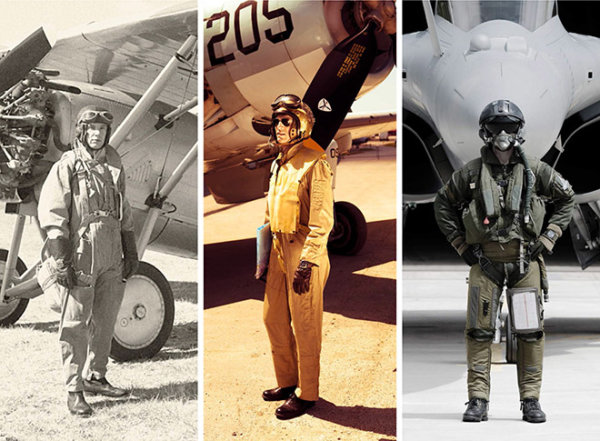
The great aeronautical adventure that is the history of flight and the development of heavier-than-air machines have often had its physics and aerodynamic principles (lifting surfaces, power to propel the airframe and three dimensional flight control) often overshadow the importance of legible instrumentation in the cockpits – thanks to Bell & Ross watches, we get to enjoy a brief history of aviation from the perspective of the men who flew those planes.
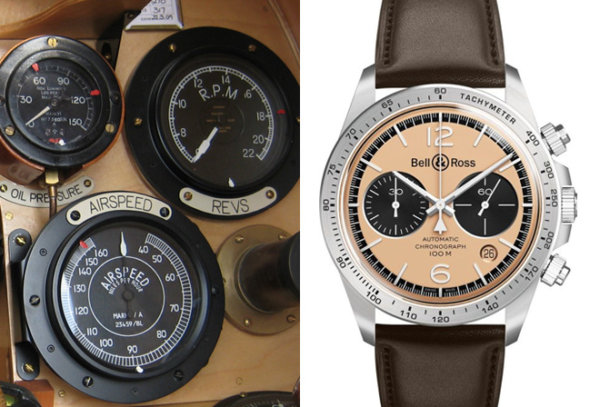
Bell & Ross Vintage: An Evolving Heritage of Time and Flight (and eventually racing)
Three generations of the Bell & Ross Vintage collection, the Vintage family made its début during Bell & Ross’ first years. The watches of this collection boast a round case, the most classical of shapes. They count with a range of complications, such as chronograph, Flyback function, dual time zone, date, and even small second hands. Vintage scrupulously respects the brand’s DNA and largely draws its inspiration from military codes. It is a sort of equivalent to the BR 01, Bell & Ross’ iconic watch, but with a round case.
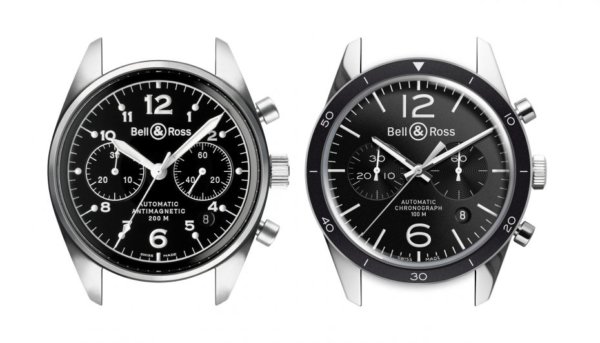
Left: The Original Bell & Ross Vintage chronograph. Right: The 2nd Generation.
Today, the 3rd generation Bell & Ross Vintage chronograph is the latest evolution of the series. Keeping the signature design codes of Bell & Ross, the face of the latest generation of Vintage remains with evolutionary tweaks for precision with minute rails further segmented while reducing the diameter of the steel case and further rounding the lugs – the result is a new generation of Bell & Ross Vintage and one that has grown increasingly sophisticated at that.
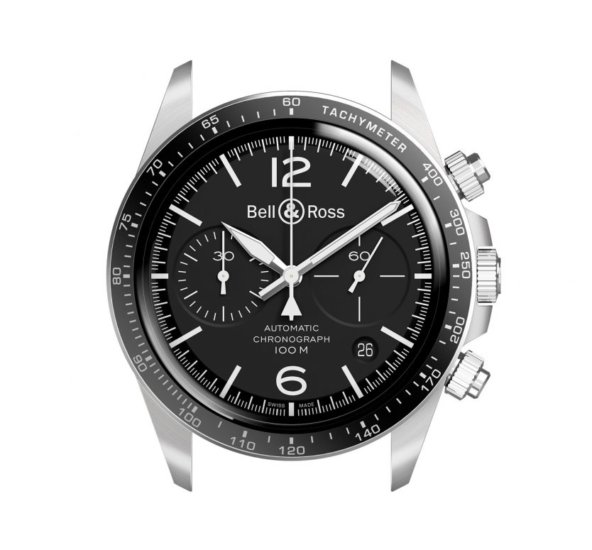
The design of the third and latest generation has once again evolved with the times
Bell & Ross Vintage BellyTanker
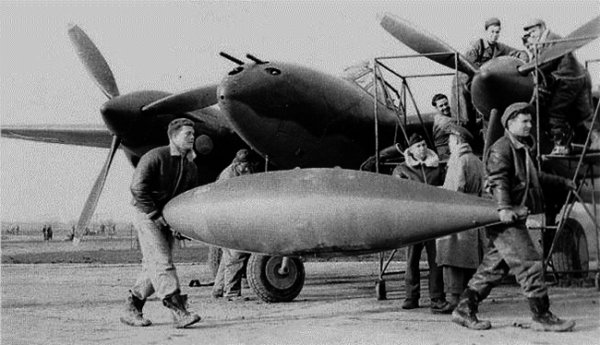
Originating in the forties, drop tanks or Belly Tanks were first used during the Spanish Civil War to allow aircraft to carry additional fuel for long-range flights but it was during World War 2 that saw an increase in the use of Belly Tanks as air forces across the theatre of war required fighters to have increased range and patrol time over continental Europe. Originally, the Belly Tanks were only given to Heavy Bombers but eventually USAF airmen named Benjamin S. Kelsey and Oliver P. Echols worked in secret to equip drop tank technology on the Lockheed P-38 Lightning and it was these belly tank equipped P-38 fighters which facilitated Operation Vengeance, the top secret air strike which allowed US fighter to operate longer and further than what was originally anticipated, allowing US High Command to intercept and down Admiral Isoroku Yamamoto’s airplane, exacting vengeance (hence the name) for Pearl Harbour. As the 2nd World War came to a close, the belly tanks were adopted by a different breed of daredevils – hot rodders.

Racing across dry California lakes to set new speed records, war surplus drop tanks were in high supply (for obvious reasons) and aerodynamically, they were perfect for building high speed vehicles. The most famous of the Bonneville Salt Flats racers? Bill Burke.
Bill Burke, an American speed freak, was previously stationed in the South Pacific where he had grown to love the elegance of these fighter plane drop tanks, with their aerodynamic lines as if sculpted by the wind. When the war ended, he built an ultra-fast car from the drop tank of a North American P-51 Mustang for $35. He fitted the tank that formed the bodywork, on a chassis, powering it with a powerful V8 engine. He took his prototype to the Bonneville salt lake races to test it. He had birthed the world’s first Bellytanker – unifying the aeronautical and automotive worlds in one swoop.
Given the breadth and scope of the Bell & Ross Vintage collection backed by unifying aesthetic codes and a shared heritage of aviation, racing and maritime adventure, the Vintage is positioned to be a modern classic.
Words by Jonathan Ho.
Save






